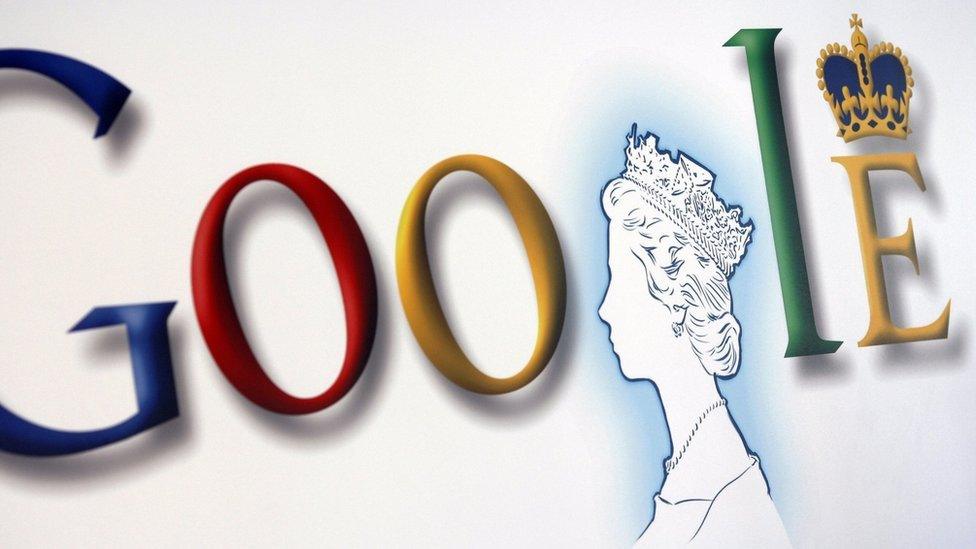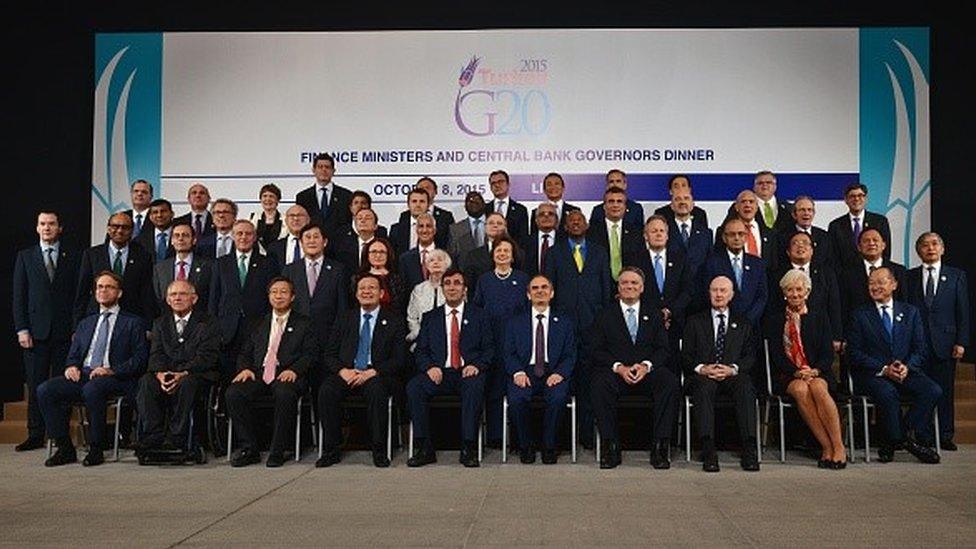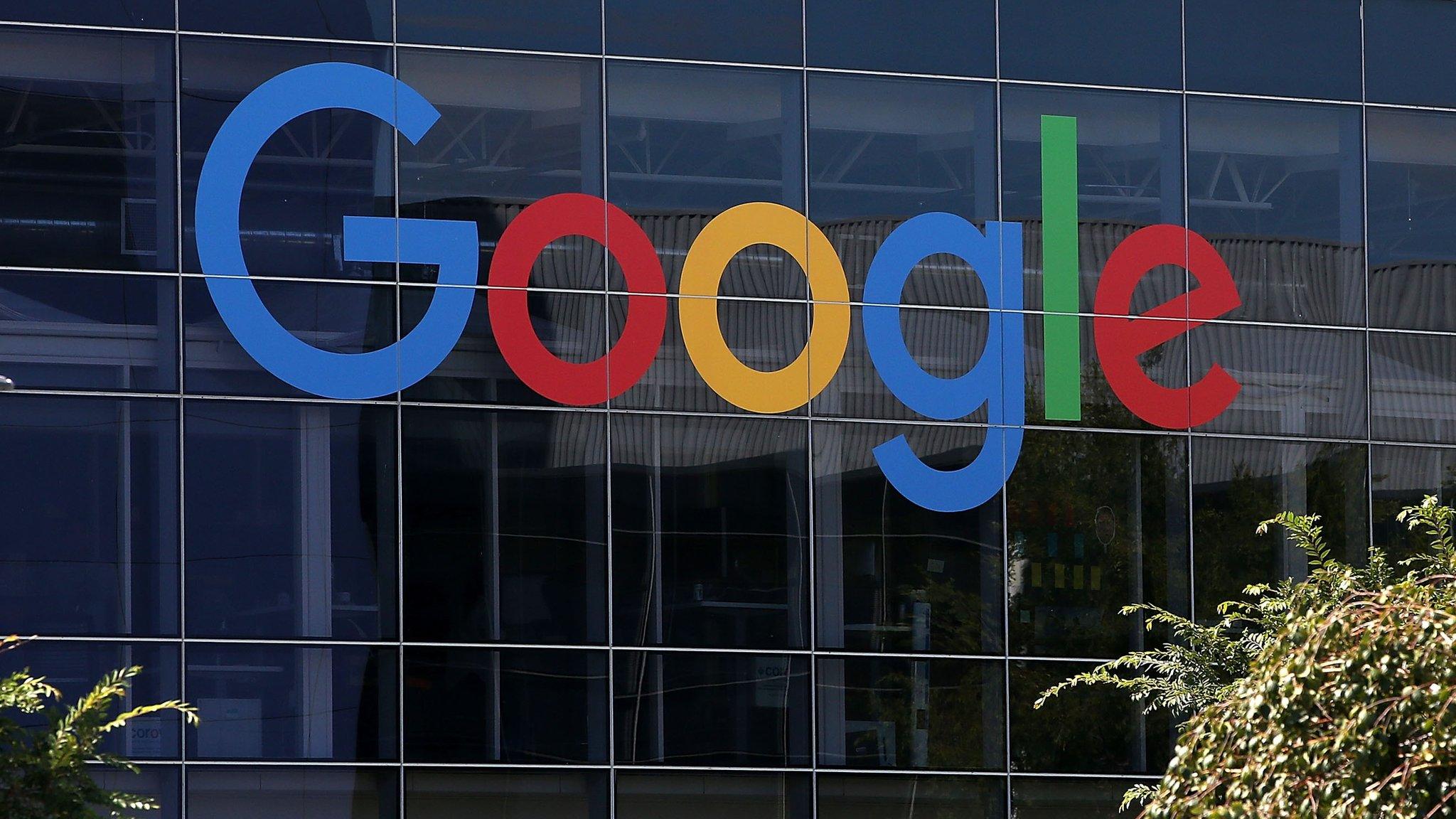OECD deal on corporate tax avoidance signed by 31 nations
- Published

Rules to stop companies using complex tax arrangements to avoid paying corporate tax have been agreed by 31 OECD members.
They will make it harder for firms to hide money in tax havens or play one country's tax authority against another.
Firms such as Google, Amazon and Facebook must now pay tax in the country where the profits are made.
The move follows public anger at the tax practices of some multinationals.
Google's deal to pay £130m to the UK's HM Revenue and Customs in back taxes for the past decade has seen it widely criticised for not paying its fair share of corporate tax.
The agreement, external between 31 nations, including France and the UK, is about sharing information rather than a new law or tax.

OECD Secretary-General Angel Gurría said the agreement would have "an immediate impact in boosting international co-operation on tax issues, by enhancing the transparency of multinational enterprises' operations".
The agreement was hammered out at a meeting of the G20 last year, after growing anger at the ways in which large multinationals were minimising tax.
The new rules mean that international companies will have to tell the country they operate in what they make in that nation and how much tax they pay.
That information will be available to every other country that has signed up to the agreement.
French concern
The row over Google's £130m payment has lead to European MPs calling on the Chancellor, George Osborne, to explain the "very bad deal" that UK tax authorities have struck with search giant.
The French finance minister, Michel Sapin expressed his concern.
'It's great that Google resolves its problems in the UK, but Google also has to sort out its problems in France," he said.
"French law applies in France and that's what we are looking at with Google. However we do not want to reach a one-off agreement, agree on a lump sum.
We are looking at what activity a particular company has in France, so that we can request a fair amount of tax. Not more nor less than other companies."
Members of the European Parliament have also voiced concern about the UK deal with Google. It is understood they will ask Mr Osborne to come to Brussels to explain the settlement.
- Published27 January 2016

- Published23 January 2016
- Published5 October 2015
